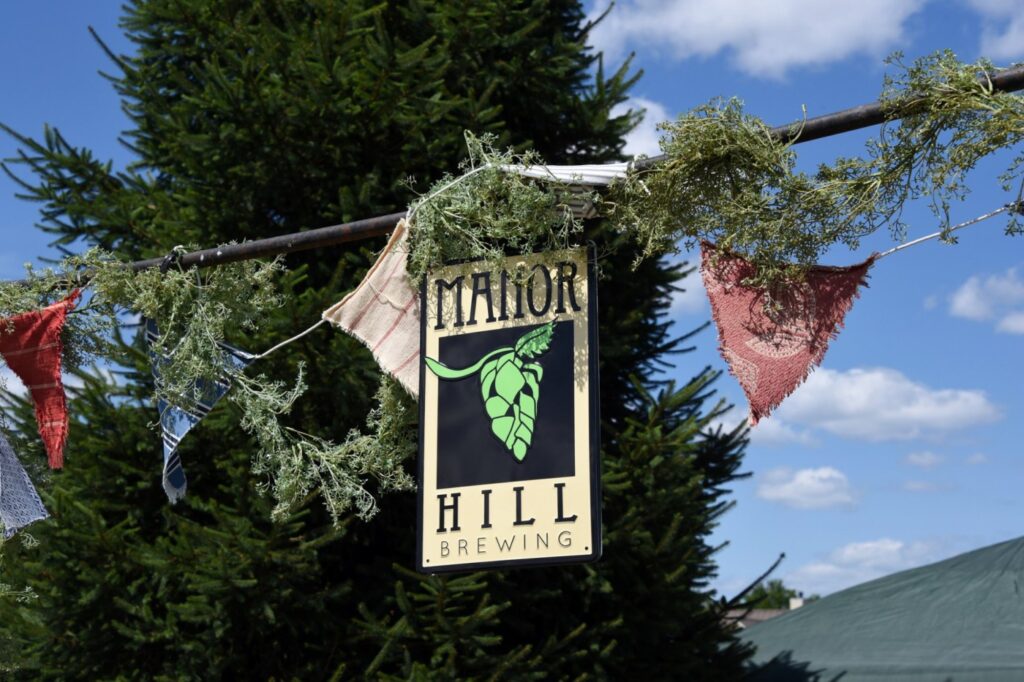
Farm breweries in Maryland continue to thrive despite navigating economic challenges and local opposition. One notable example is Ellicott City’s Manor Hill Brewing, which has been embroiled in a nine-year zoning dispute yet remains a popular destination for craft beer enthusiasts. As Maryland’s largest farm brewery, it recently announced a sold-out lineup of over 30 vendors for its Craft Fair & Maker’s Market, showcasing the ongoing appeal of such establishments in the state.
The farm brewery trend began gaining traction in 2012 when Maryland introduced farm brewer licenses. This initiative has allowed many breweries to connect directly with consumers, emphasizing the importance of local agriculture. Anthony Aellen from Linganore Winecellars highlighted the positive impact of keeping farms viable, stating, “If you can keep a farm viable, it’s much better for the state than rolling it over to a developer.”
The concept of farm brewing taps into consumers’ desire for transparency about their food sources. Aellen noted, “The consumer today wants to know the most basic of information, where does their food come from.” Another example is Falling Branch Brewing, Harford County’s first farm brewery, which has become a regional attraction since opening.
However, the industry is not without its challenges. Local governments have expressed concerns about the impacts of farm breweries, leading to measures like Harford County’s 120-day moratorium in 2021 to assess noise and traffic issues. Additionally, the craft brewing sector faces economic uncertainty as consumer preferences shift. Aellen remarked, “The whole alcoholic industry is in a little bit of turmoil,” particularly affecting midsize breweries that produce between 6,000 and 18,000 barrels annually.
The trend toward reduced alcohol consumption is significant. Caroline Sisson, president of the Brewers Association of Maryland, stated that this shift is a major concern for breweries across the country. Rising production costs and competition from alternative beverages such as hard seltzers and canned cocktails further complicate the landscape.
Owners like Lisa Carton of Black Locust Hops have adapted by offering low-alcohol and non-alcoholic options. Carton explained, “We definitely offer products with low ABV, no ABV, and ‘mocktails.’”
Economic pressures on breweries are not new. The microbrewery boom of the 1980s was followed by a decline in the early 2000s, driven by rising rents in urban areas. Despite these difficulties, Aellen remains optimistic about the market in Maryland, indicating that while it has tightened, potential still exists for growth.
As for Manor Hill Brewing, the county hearing examiner has requested updated memos from neighbors challenging the brewery by October 31. This ongoing dispute underscores the complex relationship between local businesses and community dynamics in Maryland’s evolving agricultural landscape.







